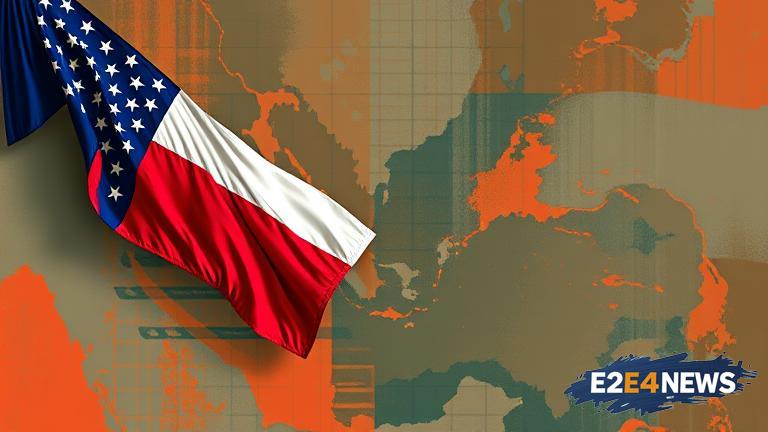The recent agreement between the United States and Indonesia has been met with a mix of reactions, ranging from optimism to skepticism. On one hand, the deal is seen as a significant step forward in strengthening the economic and strategic ties between the two nations. The partnership is expected to bring about substantial investments in various sectors, including infrastructure, energy, and technology. This, in turn, is anticipated to create new job opportunities, stimulate economic growth, and enhance the overall standard of living in Indonesia. However, on the other hand, critics argue that the deal may be a form of exploitation, with the US seeking to expand its influence in the region and tap into Indonesia’s rich natural resources. Some have expressed concerns that the agreement may lead to the displacement of local communities, environmental degradation, and the erosion of Indonesia’s sovereignty. Moreover, the deal has also raised questions about the distribution of benefits, with some arguing that the majority of the gains will accrue to the US, while Indonesia will be left with limited benefits. The Indonesian government has been accused of being too eager to please the US, without adequately considering the potential risks and consequences of the partnership. Furthermore, the deal has also sparked concerns about the impact on Indonesia’s relationships with other countries, particularly China, which has been a major investor in the region. Despite these concerns, the Indonesian government has maintained that the deal is a positive step forward, and that it will bring about significant benefits for the country. The government has also assured that it will take steps to mitigate any potential negative impacts, and that it will ensure that the partnership is fair and equitable. However, only time will tell whether the deal will ultimately prove to be a success or a failure. The US-Indonesia partnership is a complex and multifaceted issue, with various stakeholders having different opinions and interests. As the deal moves forward, it is essential to carefully monitor its progress and ensure that the benefits are shared equitably among all parties involved. The international community will be watching closely to see how the partnership unfolds, and whether it will have a positive or negative impact on the region. In conclusion, the US-Indonesia deal is a significant development that has sparked a heated debate about cooperation and exploitation. While some see it as a positive step forward, others are more cautious, and it is essential to carefully consider the potential risks and consequences of the partnership. The deal has the potential to bring about significant benefits, but it also poses significant challenges, and it is crucial to ensure that the partnership is fair, equitable, and sustainable. The future of the US-Indonesia partnership will depend on the ability of both countries to navigate the complex web of interests and stakeholders, and to find a balance that benefits all parties involved.
